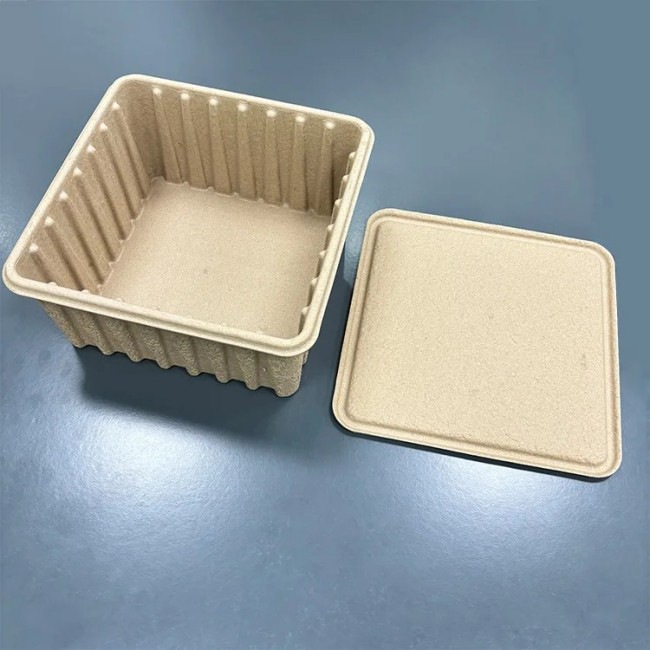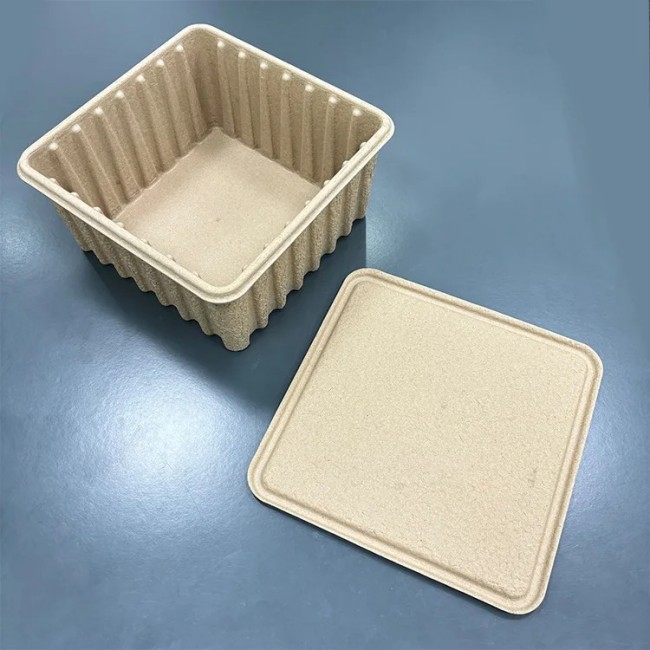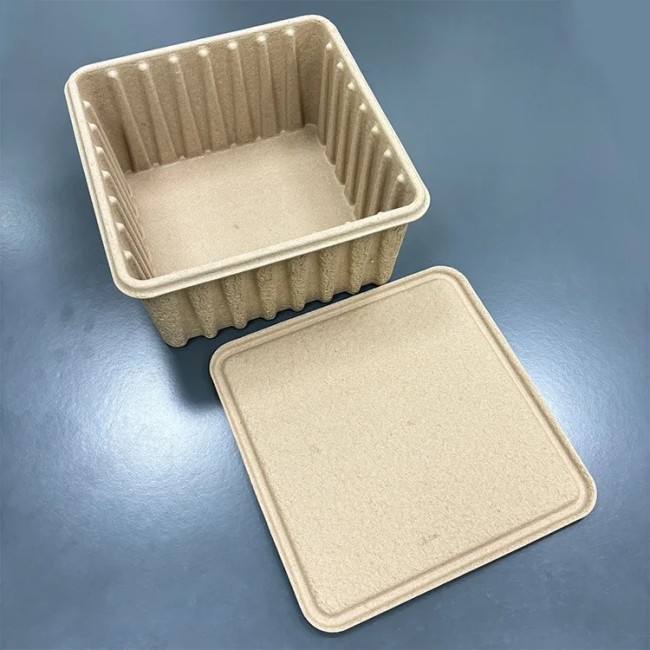As environmental sustainability becomes a core priority across industries, many businesses are turning to alternative packaging materials that are both functional and eco-conscious. Recycled molded fiber pulp has quickly become one of the most promising materials in this space. Commonly used for protective packaging in food and electronics, this material is often seen as a green alternative to plastics and expanded polystyrene (EPS) foam. However, safety remains a primary concern, particularly when products are sensitive in nature. This raises an important question: is recycled fiber pulp packaging truly safe for use with food and electronic items?
Recycled molded fiber pulp is manufactured from post-consumer paper products such as newspapers, cardboard, or kraft paper. These materials are processed into fibers, blended with water, and formed using precision molds to create packaging trays, inserts, or containers. The result is a sturdy, lightweight, and biodegradable packaging material that offers excellent protection and versatility. Its application spans across various sectors, but its increasing use in food and electronics packaging highlights its importance in sensitive product categories.

For food applications, safety regulations are clear and stringent. Molded pulp packaging intended for food use must meet hygiene standards and comply with food contact material regulations in different markets. In the United States, the Food and Drug Administration (FDA) regulates such materials under 21 CFR. In the European Union, the relevant standard is Regulation EC No. 1935/2004. China and other regions also have national standards to govern food contact safety. Manufacturers producing molded pulp packaging for food must use clean recycled fiber sources and avoid harmful dyes, inks, or adhesives. They must also sterilize and test the final product to ensure it is free from contaminants and safe for direct or indirect contact with food items. When these requirements are met, recycled fiber pulp is a safe and effective solution for food packaging such as fruit trays, egg cartons, bakery boxes, and takeaway containers.

Electronics packaging presents a different set of challenges. The materials used must be capable of protecting delicate components from impact, static electricity, and moisture. Molded fiber pulp can be engineered with design features that meet these needs. For instance, anti-static coatings can be added to prevent static discharge, and barrier coatings can be applied to protect against humidity. Additionally, the custom molding process allows the creation of precise cavities that secure electronic devices firmly during transport. These characteristics make molded pulp trays ideal for packaging mobile phones, routers, hard drives, and other consumer electronics. In fact, major technology companies have already begun transitioning to molded fiber pulp as part of their efforts to reduce plastic usage. To ensure the safety and suitability of recycled fiber pulp for either food or electronics, it is important to evaluate certain factors. First, the source material must be verified as clean and compliant with safety standards. Second, the production environment must meet good manufacturing practices, with proper documentation such as ISO 22000 or HACCP certification. Third, testing reports should confirm compliance with migration limits and resistance to temperature, oil, and moisture as required. Lastly, electronics applications should also consider electrostatic discharge performance and fit testing for the product design.

When compared to traditional packaging materials, recycled fiber pulp offers several advantages. It is biodegradable, compostable, and derived from renewable resources. Unlike plastic and foam, which can take hundreds of years to degrade and are difficult to recycle, molded pulp naturally breaks down in composting environments. While plastic may offer superior moisture resistance by default, molded pulp can be enhanced with coatings to achieve similar performance. Cost-wise, molded pulp is competitive, particularly at scale, and offers long-term brand benefits through its environmental appeal. Recycled fiber pulp packaging is suitable for a wide range of industries. Food producers, electronics manufacturers, cosmetics brands, and consumer goods companies are all finding value in switching to this sustainable material. It enhances brand image, reduces environmental impact, and complies with increasingly strict global regulations on packaging waste.
In conclusion, when manufactured and tested according to proper standards, recycled fiber pulp packaging is safe for use with both food and electronics. Its environmental benefits, combined with its adaptability and protective capabilities, make it an excellent choice for modern packaging strategies. For companies seeking to align sustainability with product safety, recycled molded fiber pulp offers a proven and responsible solution.

